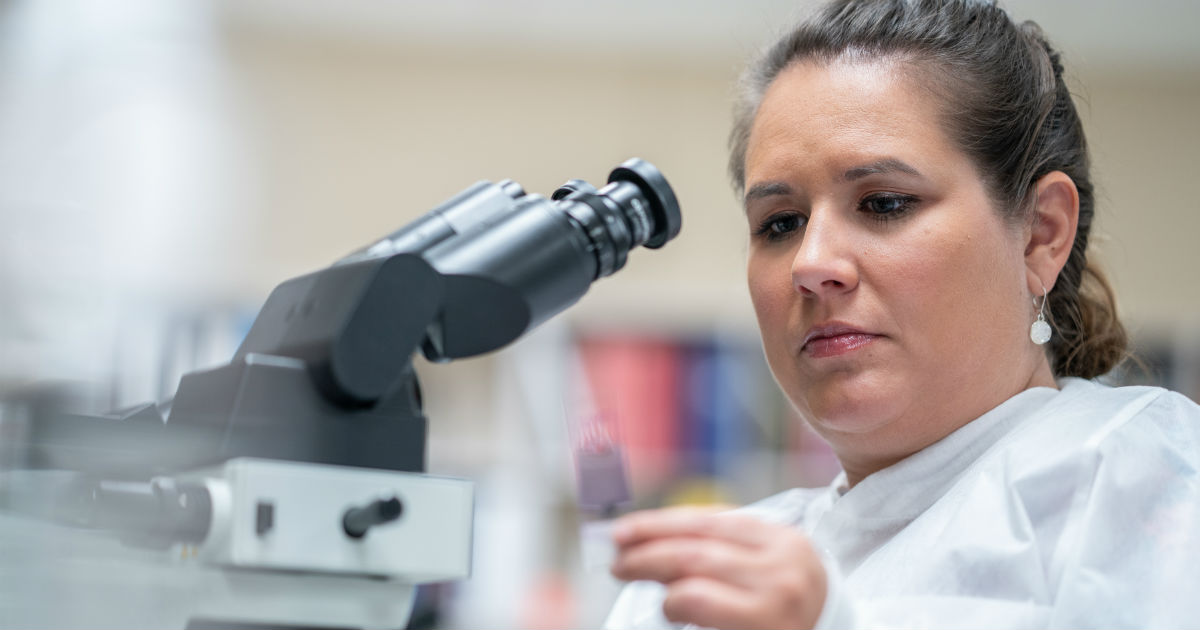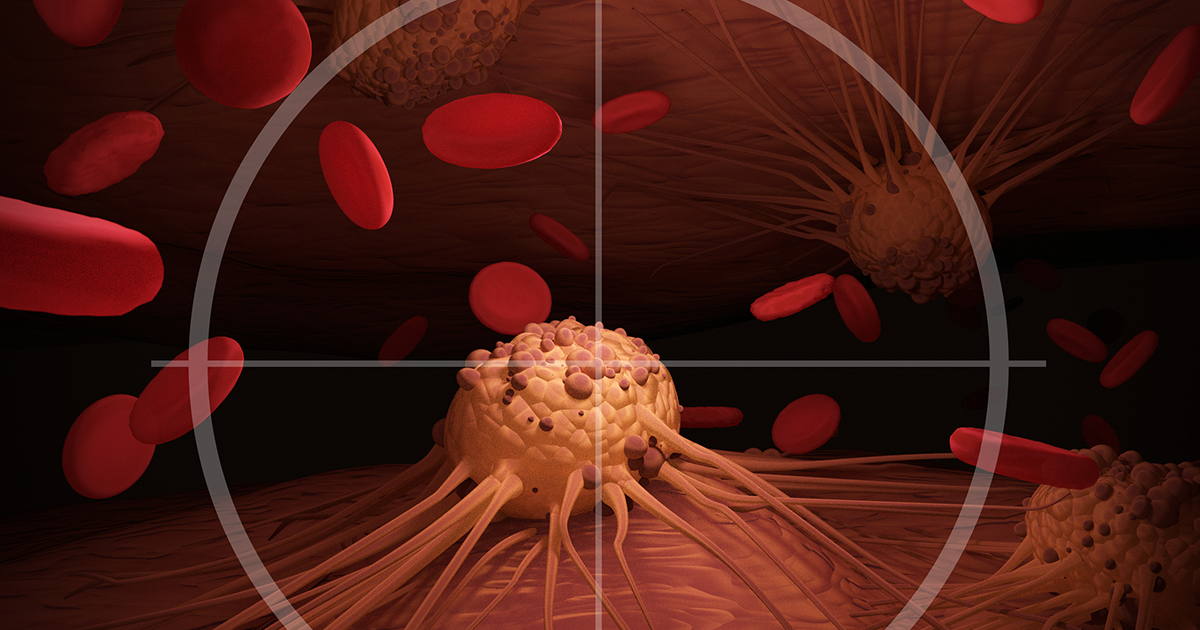
The next time you pick up a prescription from the drug store, consider the many hours of research and multiple lab test failures that may have occurred before those pills were put in the bottle. The process of turning an idea into a drug ready for approval by the U.S. Food and Drug Administration (FDA) may take up to 15 years and cost millions of dollars. A critical part of that process, human clinical trials, help researchers determine the safety, dosages and effectiveness of new drugs, while also identifying potential interactions with food and other drugs. Currently, more than 300,000 clinical trials for a variety of diseases and conditions, including cancer, are registered with cilincaltrials.gov.
Despite the importance of clinical trials to the development of new cancer treatments, fewer than 5 percent of cancer patients are enrolled. Participation is lower for African-Americans, Asians, women and elderly patients, groups that may have higher risks of certain cancers. For instance, 20 percent of Americans with multiple myeloma are black, but in a clinical trial for a drug approved in 2015 to treat the disease, only 2 percent of the participants were black. Elderly Americans are also scarce in cancer clinical trials, despite the fact that the disease is most often diagnosed in people between 65 and 74 years old. The results of trials with less-than-diverse subjects still may be valid, but information on how the drug may affect specific groups may not be as robust. “The more diverse the group of patients who enter a given trial, the more likely the study results will have relevance in ‘real-world’ cancer care,” says Maurie Markman, MD, President of Medicine & Science for Cancer Treatment Centers of America® (CTCA). “It may not be terribly meaningful to know that a treatment is ‘tolerable' in a 45-year-old individual with no other medical conditions, such as a history of cardiac disease or diabetes, etc., than when treating a 65-year-old patient, who may also have these common and highly clinically relevant conditions.”
In interviews with hundreds of patients in North America, Canadian researchers identified several common reasons for not participating in trials. Among the most common are:
- The time and inconvenience that may be required
- Distrust in the medical community
- Discomfort in the idea of participating in an “experiment” or being the subject of research
- Reluctance to receive a placebo as part of the trial
- Concern about side effects and safety of drugs used in the trial
- Lack of awareness that trials exist
“I think some people are afraid of clinical trials,” says Pamela Crilley, DO, Chair of the CTCA® Department of Medical Oncology. “People might think they are being experimented on. And, for those willing to participate, it can be hard to put a patient on a clinical trial.”
Some trials exclude patients to increase the accuracy of the results and protect the safety of the patients. Those who are in bad health, have other medical conditions or who have a short life expectancy often are excluded. Women who are pregnant or breastfeeding usually are disqualified, and men and women who are of child-bearing age often must agree to use contraception. Patients who have undergone previous treatments that may skew results also may be excluded. For doctors and hospitals, trials require attention to every detail and time-consuming paperwork and administrative duties. Patients must be extensively interviewed before, during and after the trial. Patients must be informed of the details of the trial, potential risks and benefits and sign consent forms. Drug dosages, side effects and responses are carefully monitored and logged. “It takes a lot of work and a lot of time,” Dr. Crilley says.
To encourage increased participation in clinical trials, the National Cancer Institute, American Society of Clinical Oncology, the FDA and the American Cancer Society provide extensive information and answer many common questions about trials, including how to find a trial that may be a good fit for you or a loved one. Also, researchers who have investigated trial participation encourage doctors to better educate patients about trials to help increase participation by patients of all ethnic groups. “We have to make it easier for doctors and patients to enroll,” Dr. Crilley says. “Barriers to that have to come down. It’s got to be done.”
Learn more about how doctors use biomarkers to target cancer.


